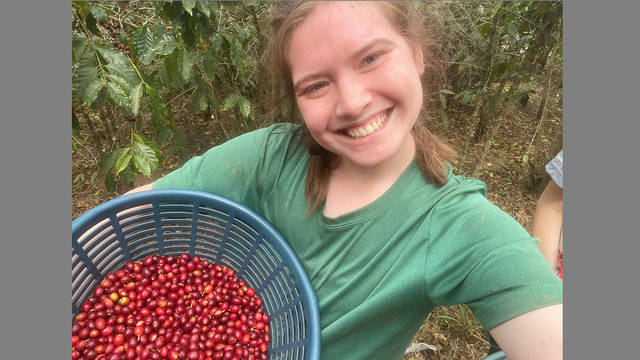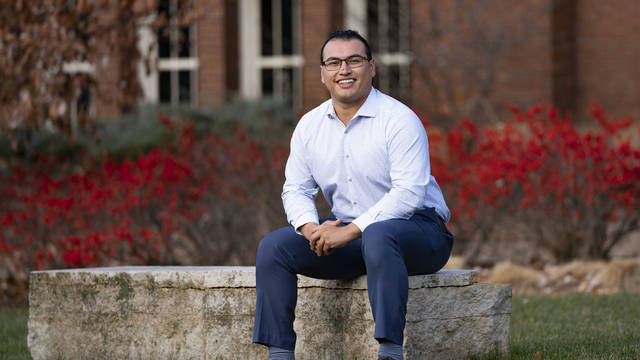More than half a million people living in the United States suffer from homelessness, as per a survey conducted by Social Solutions in January 2016. Of these 500,000+ individuals, almost 90,000 of them are considered ‘chronically homeless’, a term used to describe those who have experienced homelessness for one year or longer.
While homelessness is a traumatizing experience across the board, those who are homeless during the winter months in the northern U.S. climate are at an extreme disadvantage in terms of staying warm and finding steady meals.
One Blugold who has taken special notice of this pressing community issue is actuarial science major Jia Cheong.
For her service-learning project, Jia has teamed up with the Buddhist Tzu Chi Foundation in Minnesota to distribute hot meals and winter care packages for the homeless population at the Simpson homeless shelter in Minneapolis.
Simpson, a shelter whose mission is to “house, support, and advocate for people experiencing homelessness,” planted its roots in 1982, where they began as an overnight shelter in the basement of a United Methodist church.
In the 37 years since, Simpson has expanded in sequence with the growing community need for homelessness resources. On this significant evolution, their homepage states:
“In response to unmet community needs, our programs have grown to include emergency shelter, single adult supportive housing, and family supportive housing. We work across the metro area, partnering with landlords and developers to find affordable housing for all families and individuals. At any given time, we provide supportive services to 100 individuals and 210 families with over 500 children.”
To keep up with this rapid program expansion, Simpson often partners with other community organizations to provide the most wholistic care possible.
When Cheong found out Simpson was partnering with the Tzu Chi Foundation, she knew she wanted to get involved.
Cheong noted that, prior to arriving at the event to distribute meals to the homeless, she and her fellow volunteers were put through a training in order to prepare themselves to deliver the best possible service.
During this training, the volunteers were exposed to situations that may arise while serving the homeless community, specifically the ways in which they can tailor their service in a way that is sensitive to members of the homeless population who may be suffering from mental health issues.
For Cheong, there were many invaluable and unforgettable lessons and experiences that came along with her service-learning project. However, she noted that perhaps the most touching aspect of her work with the homeless population was the lesson it taught her about the importance of small acts of service within the bigger picture.
“A small helping hand does make a big difference for the one(s) on the receiving end,” Cheong reflected: “it felt good to be able to give back to the community, as well as helping out communities of different backgrounds.”



